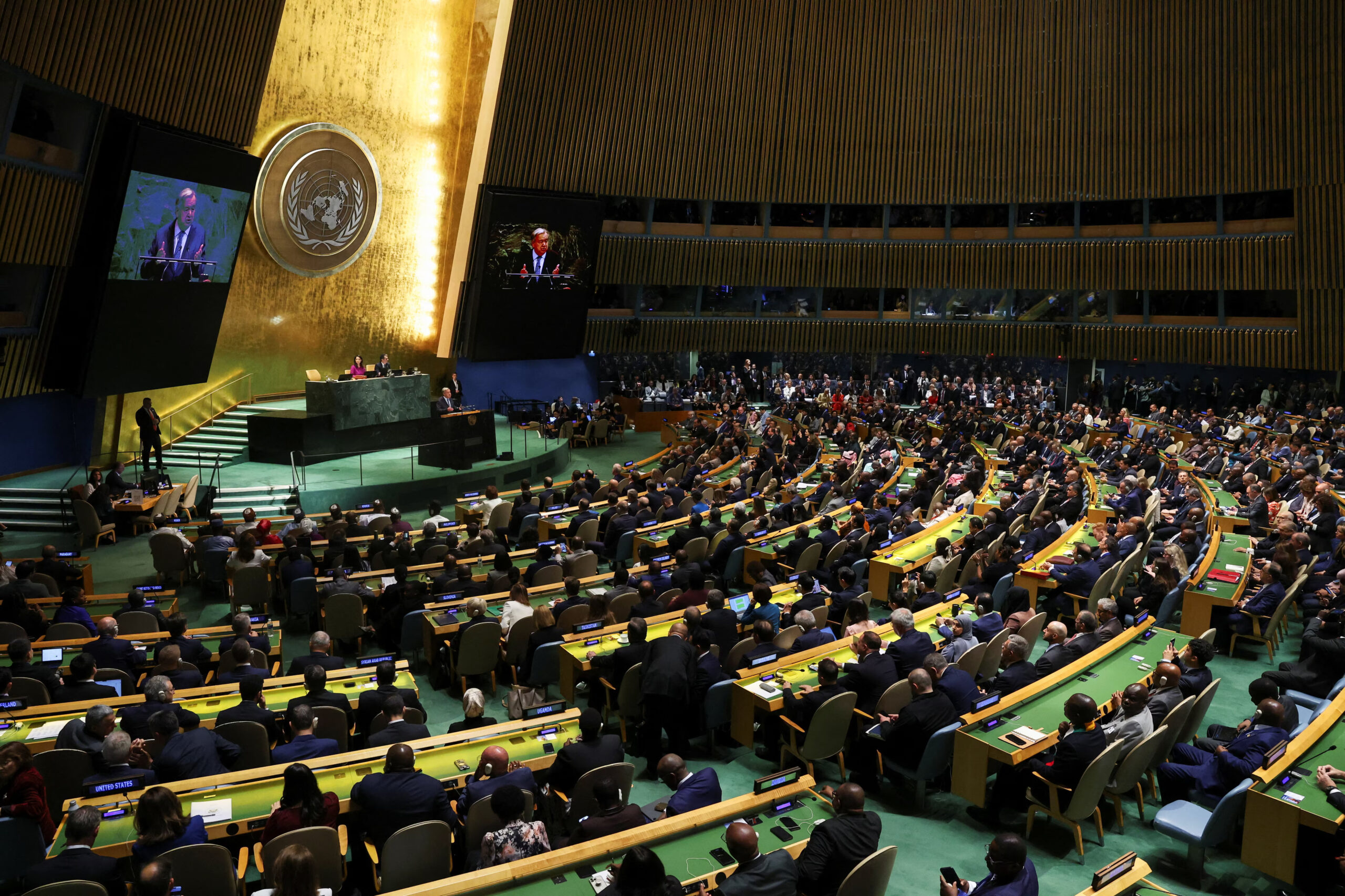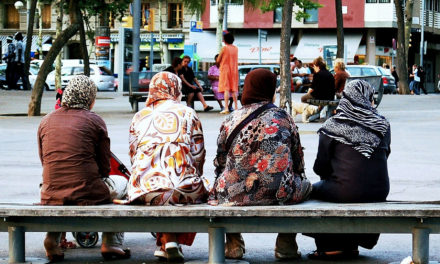The United Nations has formally begun the process of selecting its next Secretary General, inviting all 193 member states to submit nominations to replace Antonio Guterres when his second term ends on December 31, 2026.
A joint letter from General Assembly President Annalena Baerbock and Security Council President Michael Imran Kanu marked the official opening of the race, setting an early and structured start to a transition that will shape the future of the world’s top diplomatic post.
The letter outlines a clear profile: candidates must bring deep diplomatic experience, proven international leadership, multilingual abilities, and an unwavering commitment to the UN Charter.
As the letter states, “The position of Secretary-General is one of great importance and one that requires the highest standards of efficiency, competence and integrity and a firm commitment to the purposes and principles of the Charter of the United Nations.”
For the first time in the organization’s 80 year history, UN leadership has directly addressed the gender gap in the selection process. Expressing disappointment that the world body has never elected a woman to the role, the letter notes “with regret that no woman has ever held the position of Secretary-General” and explicitly urges member states “to strongly consider nominating women.” This emphasis aligns with a broader push across multiple UN bodies to elevate women into high level decision making roles.
Several female contenders are already in informal discussions. Names being circulated include Michelle Bachelet, Chile’s former two-time president and past UN High Commissioner for Human Rights; and Rebeca Grynspan, Costa Rica’s former vice president and the current Secretary-General of UNCTAD.
Both countries have confirmed plans to nominate them. From Argentina, Rafael Grossi, the Director General of the International Atomic Energy Agency, is also a declared candidate, having told Reuters, “Yes, I am going to do that, yes.”
The UN’s tradition of regional rotation further shapes expectations, with many diplomats noting that it is considered Latin America and the Caribbean’s turn. While the system is informal, the letter acknowledges the practice by underscoring “the importance of regional diversity” without assigning priority to any single region.
The selection process itself is designed to be more transparent than in previous decades. Candidates must submit a vision statement and disclose all sources of financial support.
The General Assembly’s latest resolution also requires public posting of these documents and encourages interactive dialogues, including the town hall-style sessions first introduced in 2016. According to the guidance, “each candidate should provide a vision statement” and be given a public opportunity to present it, while those already holding UN positions are advised to temporarily step aside “with a view to avoiding any conflict of interest.”
Both presidents, the General Assembly and the Security Council, will jointly maintain an updated list of nominees, with livestreamed interactions expected to be part of the process. Baerbock emphasized that the selection comes at a defining moment, noting that the world is looking for strong leadership that can make the organization “fit for the future.”
The Security Council will begin its formal rounds of consideration by late July 2026. As always, the five permanent members, the United States, China, Russia, the United Kingdom, and France, hold veto power. Their agreement is essential before a candidate can be recommended to the General Assembly.
In previous cycles, this phase has involved a series of “straw polls,” where members signal whether they encourage, discourage, or have no opinion on each candidate. Only when a contender emerges without any veto will the Council adopt a resolution recommending that individual for appointment.
Once the recommendation is made, the General Assembly is widely expected to confirm the choice, as the Charter requires. The individual selected will become the tenth Secretary-General of the United Nations and take office on January 1, 2027.
With early nominations encouraged and heightened expectations for gender representation, the 2027 transition may become one of the most consequential leadership shifts in UN history.
Whether the global body will finally appoint its first female Secretary-General—and how member states navigate regional dynamics, geopolitical tensions, and transparency demands—will define the next phase of the organization’s evolution.














